Reiki and Emotional Healing: What You Need to Know
Share
In the realm of holistic healing, Reiki emerges as a beacon of hope for those seeking emotional balance and restoration. This ancient Japanese technique, founded by Mikao Usui in the early 20th century, is more than just a method of healing; it is a pathway to transforming the entire emotional landscape.
Understanding Reiki
Reiki is a form of energy healing that involves the transfer of universal energy from the practitioner's palms to the patient. It is based on the belief that by enhancing the flow of energy in the body, we can facilitate the natural healing processes. This energy transfer aims to restore balance to the body, mind, and spirit, which is essential for emotional healing.
The Role of Reiki in Emotional Healing
Emotional distress can manifest physically in various forms, such as tension, fatigue, and other physical ailments. Reiki addresses these issues by working on the energy fields around the body, often referred to as chakras. By clearing and balancing these chakras, Reiki helps to release emotional blockages, reduce stress, and induce a state of peace.
Key Benefits:
- Stress Reduction: Reiki is renowned for its ability to reduce stress. It soothes the nervous system, allowing the body to shift from a state of fight or flight to one of rest and repair.
- Emotional Release: It can aid in the release of pent-up emotions such as anger, sadness, or fear. This release is often gentle and can bring about a significant emotional cleanse.
- Improved Self-Awareness and Insight: Regular Reiki sessions can enhance one's introspection and self-awareness, leading to better emotional regulation and personal growth.
Personal Stories and Testimonials
Many who have embraced Reiki share profound stories of emotional transformation. For instance, Julia, a client from Toronto, reported a noticeable shift in her ability to handle stress and confront old traumas after regular Reiki sessions. These stories highlight the personal and emotional benefits that Reiki can offer, making it a valuable tool in emotional healing.
How to Incorporate Reiki into Your Healing Journey
Incorporating Reiki into your healing journey begins with finding a certified Reiki practitioner. It's essential to work with someone who resonates with you and understands your emotional needs. Here are some steps to get started:
- Consultation: Start with a consultation to discuss your emotional challenges and goals.
- Personalized Sessions: Engage in personalized Reiki sessions that focus on your specific emotional blockages.
- Integrated Practices: Combine Reiki with other healing practices like meditation or yoga to enhance your emotional healing process.
By immersing yourself in the world of Reiki, you can open a new chapter of emotional well-being and spiritual growth, guided by the gentle power of energy healing. Explore this transformative practice and witness the profound impact it can have on your emotional landscape.
